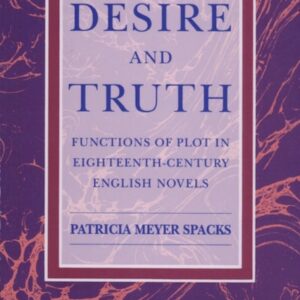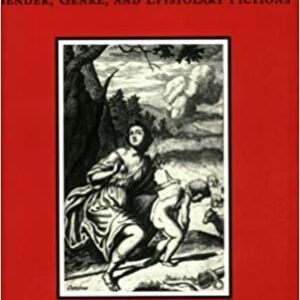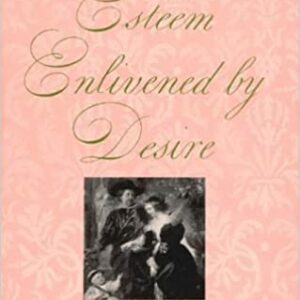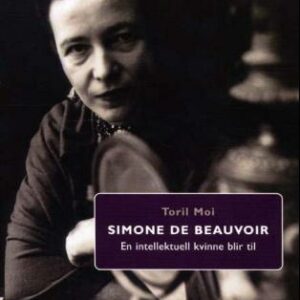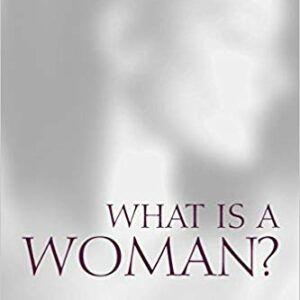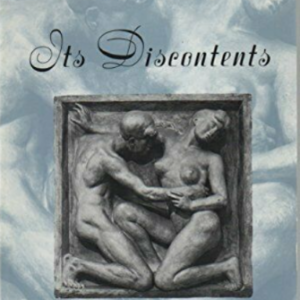
Desire and Its Discontents
By Eugene Goodheart (NHC Fellow, 1987–88) Challenging the imperialism of desire in contemporary academic discourse Goodheart confronts a crucial strain of utopianism in modern thought and literature. This utopianism is the position of desire in modern culture. Goodheart argues that the classic moderns (Proust, Durkheim, Mann, and Lawrence) appreciated desire for its potential to liberate … Continued
